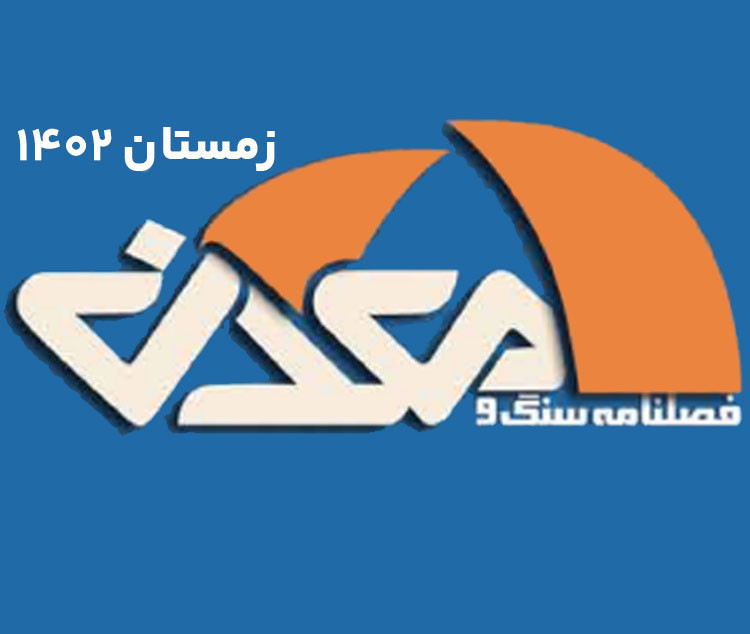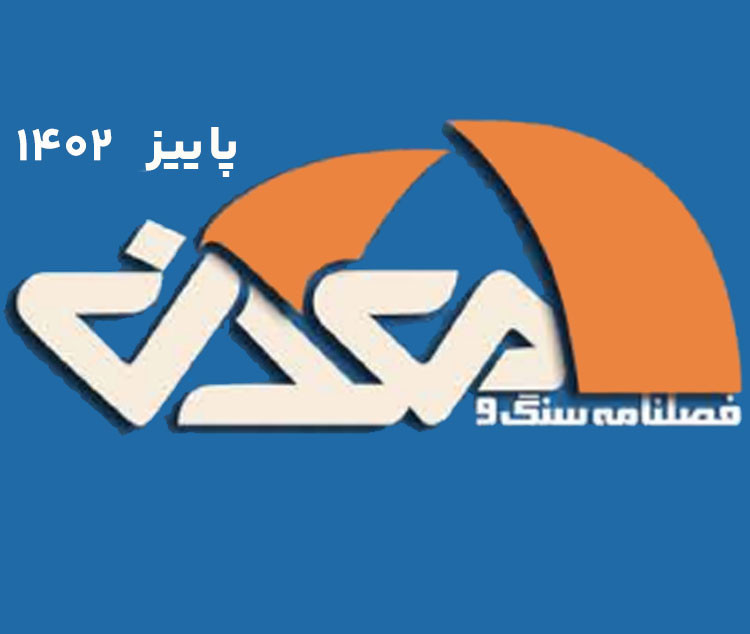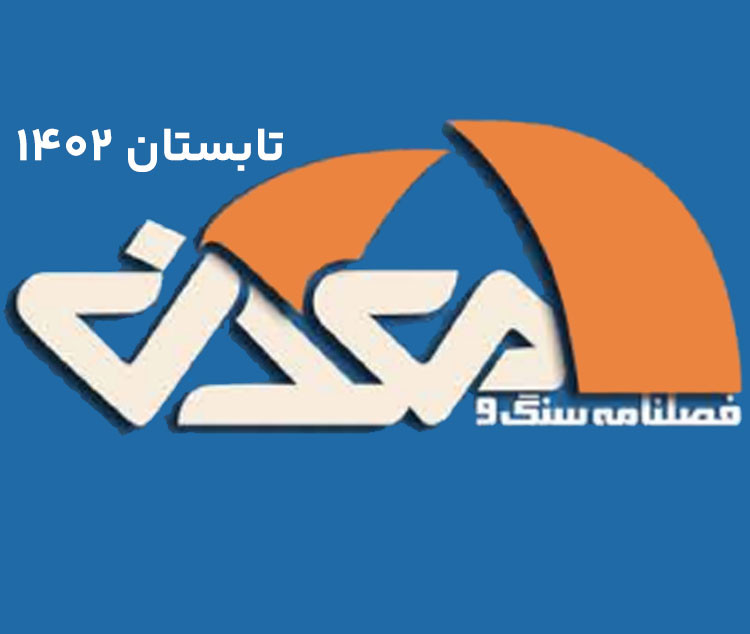
EU to propose sanctions on Russia’s mining industry
The European Commission will propose a ban on new investments in Russia’s mining sector as part of a fresh package of sanctions against Moscow aimed at further eroding the country’s economy and the Kremlin’s ability to fund its war against Ukraine. The mining investment ban, which will have exceptions for some specific products, is part of a ninth EU sanctions package that officials will discuss with member states in the coming days and aim to have agreed by the end of next week, three people with knowledge of the discussions told the Financial Times. Russia’s vast mining sector, a producer of commodities including gold, iron ore, uranium and phosphates, accounted for a quarter of foreign investment into the country before the Ukraine war, according to the Paris-based OECD. The measure, if backed unanimously by the 27 EU states, would mark the first time Brussels has directly targeted Russia’s metals sector, which it has previously avoided because of fears over the potential impact on global supply chains. Trading company Glencore owns a 10.55 per cent stake in EN+, which controls Russia’s largest aluminium producer. Global investors including BlackRock, Vanguard and UBS Asset Management hold stakes in major Russian mining companies including Norilsk Nickel and Evraz, according to data from S&P Capital IQ. The full EU sanctions package, which could be amended before implementation, includes export controls on civilian technologies that Brussels believes Russia is using to support its arms factories, a ban on transactions with three more Russian banks and targeted sanctions against another 180 individuals, the people said. The commission declined to comment. However, a senior EU official told a conference in Brussels that countries would have to widen sanctions to goods not traditionally used by Russia’s armed forces. Denis Redonnet, chief enforcement officer of the commission, said: “Russia is adapting its war economy . . . to imports of lower-quality items, cannibalising lower-end technology.” He said the EU had banned goods covering about 30 per cent of its €99bn annual pre-war exports to Russia. Gary Nagle, Glencore chief executive, said on Tuesday the company would “continue to monitor and take any appropriate actions regarding sanctions” that might affect its assets. He confirmed that Glencore still held its stake in EN+, describing it as a “passive shareholder” with “no board representation. Earlier this year, Glencore reviewed the investment, but “given the circumstances we were unable to exit that investment”, Nagle said. The EU’s previous measures, along with those by the US, UK and other western allies, target scores of banks, defence companies, oil and gas producers and other critical parts of the country’s economy, as well as hundreds of government officials, oligarchs and propagandists. They have already helped to push Russia’s economy into recession. The exact reach of the mining investment ban is still being defined, one of the people said, adding that it was likely to include derogations for certain products. Russia is a critical supplier to global markets of some metals such as titanium and palladium.
Other elements of the draft package include a ban on four Russian media channels that the EU says are used to promote Moscow propaganda, export controls on dual-use products worth more than €2.3bn and a ban on dealings with Russian marketing and market research companies. The package, which has been drawn up after individual consultations between the commission and member state officials, will be discussed by ambassadors from the bloc’s 27 countries this week and, if necessary, at a summit of EU leaders that takes place next Thursday. Previous EU sanctions packages have required some horse-trading among member states and a watering-down of measures to secure the requisite unanimous approval. Hungary, which has cultivated closer ties with Moscow than other EU members, has refused to endorse some elements of previous packages — such as a ban on Russian pipeline oil imports. Others have blocked efforts to bar imports of products used by their companies, such as Belgium’s refusal to support a ban on diamonds.








